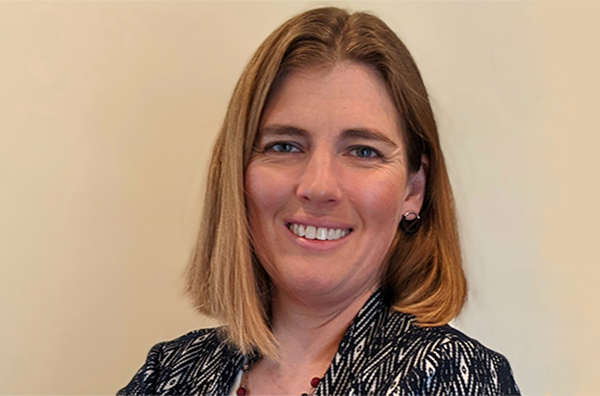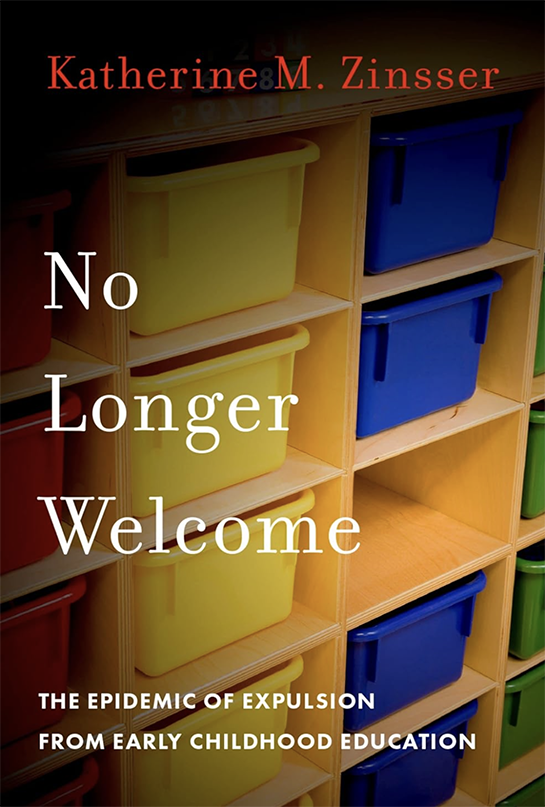Katherine M. (Kate) Zinsser
Introduction
College of Liberal Arts and Sciences | Psychology
Kate Zinsser
Kate Zinsser
Katherine (Kate) Zinsser, Ph.D. is an applied developmental psychologist with expertise in early childhood education systems and their impact on children’s early social-emotional development. At UIC, Dr. Zinsser directs the Social-Emotional Teaching and Learning (SETL) Lab which conducts multi-method research on settings, systems, and policies that impact young children’s learning including teacher-child interactions, classroom processes, and emotion socialization practices that promote children’s social-emotional school readiness. She is the co-developer of the EMOTERS tool, an open-access observational assessment of emotion-focused teaching, and the author of No Longer Welcome: The Epidemic of Early Childhood Expulsion.
Most recently, Dr. Zinsser has worked to proactively support teachers’ engagement in emotion-focused teaching through partnerships with the UIC College of Education where she is a Co-PI of the Alternative Licensure Program (ALP). The ALP is the nation’s only incumbent residency teacher preparation program that focuses on social-emotional teaching practices and is designed to retain the cultural and linguistic diversity of the early childhood workforce.
In addition to conducting action research, Dr. Zinsser teaches and mentors future scholars. At the undergraduate level, Dr. Zinsser teaches PSCH 320: Developmental Psychology.
2

Kate Zinsser
At the graduate-level, Dr. Zinsser has taught Lifespan Development (PSCH 526), the Community Practicum (Seminar in Action Research; PSCH 537), and Mixed-Methods Research (PSCH 538) among others. Graduate and undergraduate students working with Dr. Zinsser in the SETL Lab receive hands on training in observational techniques, quantitative and qualitative methods, and community engaged research values.
No Longer Welcome

No Longer Welcome: The Epidemic Of Expulsion From Early Childhood Education
Oxford University Press
No Longer Welcome offers a compelling argument for the importance of ending the practice of excluding young children and outlines roles that each and every member of the field (from classroom aide to legislator) must play in sustaining this change.